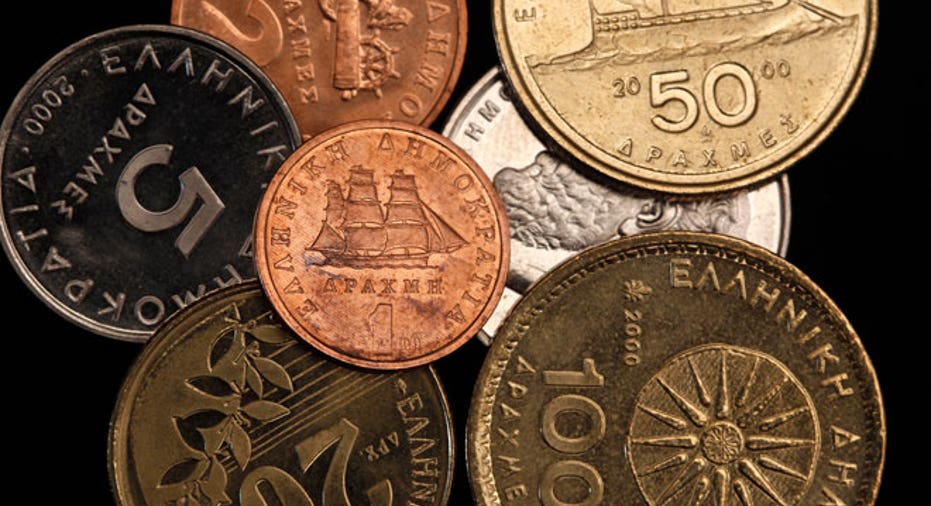Five Essential Facts on the Greek Currency Crisis

The latest wrinkle in the Greek financial crisis is a rush by its citizens to withdraw their savings from banks. This is both a symptom of the fear that Greece might leave the euro zone and a potential catalyst to force that exit.
While Americans might view news like this with a certain detachment, it's important to recognize that events in Greece could affect the U.S. financial system, and may not be as far removed from conditions in this country as many would like to think.
Here are five essential things to understand about the Greek currency crisis:
- The importance of faith. Banking depends on a fundamental faith in the system. Banks don't hold every dollar of deposits in a vault, ready and waiting in case people decide to withdraw all their money at once. If they did, banks wouldn't be able to do the lending and investing that pays for their business operations. The fundamental faith is that people won't try to withdraw all their money at once, but in Greece this faith is being tested by daily withdrawal rates that have reached nearly $900 million.
- Reason to disbelieve. The reason Greeks are in such a hurry to get their hands on cash is that the country's failure to live up to its financial obligations may force it to withdraw from the euro currency zone. A stand-alone Greek currency would be of very shaky value, and Greek citizens fear the prospect of having their euro deposits instantly converted to such a doubtful currency.
- The love/hate relationship. The rush to get their hands on euros is indicative of the love/hate relationship that the Greek people have with the European currency. They chafe at the financial responsibility that is a condition of belonging to the euro zone, but when it comes to personal financial security, they want their money to have the euro's credibility.
- Aftershocks. All of this is more than just a Greek problem. A Greek exit from the euro could raise doubts about some of the other weaker participants in that currency system, dragging down the European economy in general. In turn, given the interconnected nature of global trade and the investment community, this could in turn hurt many U.S. businesses and investment portfolios.
- What's different about the U.S. (or not). Besides the potential for aftershocks from the Greek currency crisis being felt by U.S. businesses and investors, a more basic question is whether the situation in Greece is a cautionary tale for the U.S. On the one hand, the U.S. dollar is the world's leading reserve currency, and the U.S. financial system has safeguards like FDIC insurance to discourage a run on banks. On the other hand, even faith in the dollar is not without limits, and that faith is being tested by mounting U.S. debt levels.
It's easy to see denial and defiance in the refusal of Greek citizens to face up to the austerity that will be necessary to address that country's financial problems. What may be tougher to concede is that the U.S., with its huge budget deficit and low personal savings rates, may be guilty of the same type of denial.
The original article can be found at Money-Rates.com:5 essentials facts on the Greek currency crisis



















